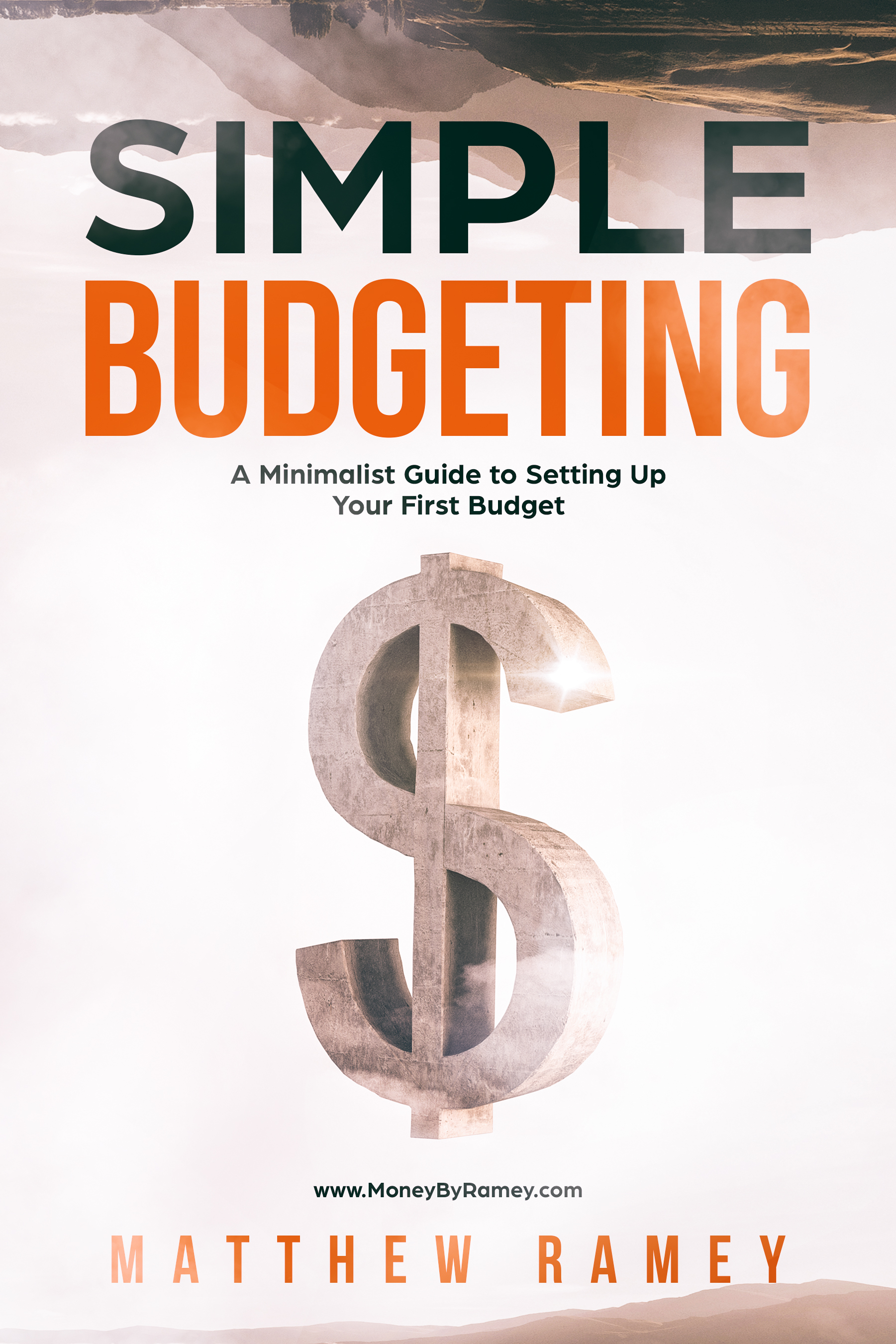5 Financial Mistakes You Must Never Commit (and how you can avoid them)

Financial management is no easy task, it’s a long trial and error process that requires not just critical thinking but also a whole lot of experience to come up with the best money-related decisions possible instead of gut-wrenching financial mistakes.
As someone fairly new to the whole thing, you can expect that you’ll be makings tons of choices that are not the best. Some may be light enough that you can recover from them in no time while others may take you years to bounce back from.
Sounds daunting, right? Well, it is. But here’s the thing, even though financial mistakes suck, they can help you learn a lot of things that you can utilize to improve your money management skills.
And a great way to turn these money blunders into useful tips is by identifying what they are in the first place. That being said, check out this list of biggest financial mistakes to avoid at all costs along with tips on how you can dodge them.
Want to Learn Active/Passive Income and Investing Strategies?
Sign up for our Live Free and Div Hard email list to receive exclusive ideas and tips straight to your inbox!
1. Lack of Financial Plan

Why it’s bad: Not having a plan for your finances is about as dangerous as driving while wearing a blindfold on a road that you’re not even familiar with. How is that? Well, the lack of knowledge about handling your own money can lead you to more annoying financial mistakes such as spending too much, burying yourself in loans, and not being able to save even just a single penny.
In addition to those things, the absence of a proper financial plan can also stop you from successfully growing your money because you might not even have an idea of how much you still have. You will also not be able to set actual financial goals and invest in things that can help secure your future.
What you can do to avoid/solve it: Obviously, you need to make one. A great financial plan primarily consists of a list of payables, insurances (if any), investments, records of your savings, and even goals.
Try your best to treat the things you’ve listed as your main priorities. Make sure to pay your bills, check up on your investments, keep track of your savings, and other important things until they become a part of your routine. This will help you decide what you want your next achievement to be or which step you’re going to take to achieve financial freedom.
Pro tip: Speaking of financial freedom, check out MoneyByRamey for more tips on how you can be better at handling your finances.
2. Overspending

Why it’s bad: This is one financial mistake that most – if not all – of us have committed at some point. Spending too much, whether as a result of impulsiveness or emotional stress, can be very damaging especially in the long run.
It doesn’t even matter how big or how little is the amount of money you overspent because over time if you keep doing it, you will realize that all of the extra cash that you took out of your wallet could have been enough to start a retirement fund or be used for other important things.
Treating yourself for your hard work isn’t bad, but if you do it too often and spend money on things that you don’t necessarily need then that is a behavior that will not get you anywhere close to your financial goals.
What you can do to avoid/solve it: There are a couple of ways to solve this financial mistake. First, you must set a budget or a spending limit for yourself whether on a weekly, bi-weekly, or monthly term.
Another is to list down ALL of your unnecessary expenses in a month, by doing this you will have an idea just how much you spend on things that you don’t need. Also, it will get you the chance to reflect and analyze your spending habits which can hopefully help you make better choices in the future.
Simple Budgeting Now Available!
Want to learn the art of budgeting? Learn the ins and outs of how to create the perfect budget in Simple Budgeting!
3. Not having Any Sort of Savings

Why it’s bad: Sometimes life throws us a curveball that we’ll have difficulty recovering from. While prayers and hard work usually do the trick, one of the best and easiest ways to get back on our feet is by using our savings to get ourselves out of any challenging situation.
But what if you don’t have an emergency savings? Then you’re more likely to turn to seemingly convenient ways to help yourself such as credit cards and loans to settle your expenses.
Why ‘seemingly’? Well, while they did help you get rid of your dues, they will surely be a cause of headache and stress once their payment due dates arrive.
What you can do to avoid/solve it: There are several ways to start saving money and build a savings and investing web. One is by allocating a small but consistent portion of your earnings into it. Another is by purchasing investments such as stocks, real estate, start-up businesses, and more.
You can also increase your money at hand by trying to lower your bills, this includes your water, food, electricity, phone plans, and even clothing allowance. It’s better to hold back now on your expenditures so you can pull something out of your wallet and bank account in times of need.
4. Not paying your credit cards in full

Why it’s bad: Credit cards can be very helpful especially when they are used responsibly. However, with their high-interest rate (the current national average credit card interest rate is at 20.21%), they tend to do more damage than good.
Credit card companies make most of their earnings out of the compounding interests they impose on their customers. So, let’s say, you can only settle the minimum monthly payments required by your credit card issuer, over time, you’ll see that the interest that you are going to have to pay will be much higher than the amount of money you owed them in the first place.
Credit card debt is notorious for giving people an excruciating amount of stress due to how quickly they grow despite making monthly payments. That’s why you need to stop doing it or else you might find yourself stuck in a never-ending cycle of paying credit card debt interest for a loan that you already consumed a long time ago.
What you can do to avoid/solve it: Similar to previous entries, there are a couple of methods to solve or avoid one of the biggest financial mistakes in history. And they are as follows:
✓ Pay your credit card in full.
✓ Lower your expenses.
✓ Use cash instead of credit cards when making purchasing products and making one-time payments.
✓ Not using multiple credit cards.
✓ Only using your credit card when you have to.
✓ Monitoring your monthly statements to track your spending habits.
Remember that if used correctly, credit cards can be one of the best tools in the Financial Freedom seeker’s toolkit.
5. Not Investing Early on in a Retirement Fund

Why it’s bad: Last but not the least is a financial mistake that most of us have heard of before and are probably still guilty of doing even to this day. You know, time doesn’t stop, and one day we are all going to be old enough that we have to retire from our current careers.
Sure, it’s easy to stay right now that we can support ourselves since we are still earning money. But what if we can no longer work? How are we going to live the comfortable post-retirement lives that we see other people do? The answer is we won’t. Without a proper retirement fund, you might end up living in a tiny old house with bills that you can barely pay. And that is a sad reality that you definitely would not want to live in.
What you can do to avoid/solve it: Start investing in your retirement fund as early as now. Open a bank account with a decent interest rate per annum and then deposit a small portion of your earnings every month in it. You don’t even have to invest a large amount of money right away; you can start small and then slowly go up when you can.
It’s just all about taking advantage account’s growth interest rate and getting as much time as you can to save money for your future self. Do it so by the time that you retire, you will have enough funds to relocate to somewhere beautiful and live the rest of your life peacefully and comfortably without having to work.
Final Words:
These are the five financial mistakes that you must avoid at all costs. There are dozens more obviously but the ones that we’ve listed here are the most common financial mistakes that most of us are maybe facing with right now.
The thought of dealing with financial mistakes can be terrifying, but as long as you can figure out what they are and carefully plan how you’ll get through them, then they are completely avoidable.
We hope you learned a thing or two through this article, and that they can help propel you to your financial goals.

